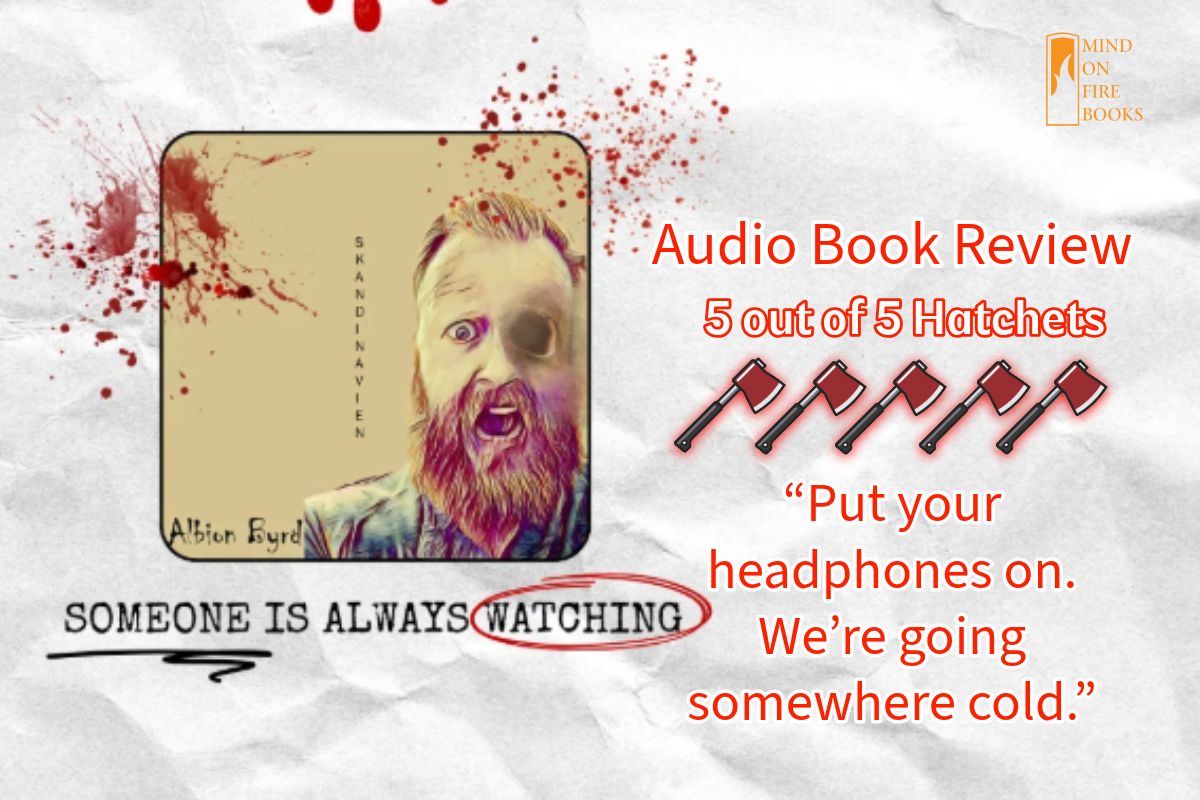As the Russo-Ukrainian War rages on, we find ourselves witnessing a convergence of science fiction and geopolitical reality. In this scholarly article, we explore how Russia has harnessed futuristic weaponry, drawing eerie parallels with the imaginative visions of famous literary writers.
From electromagnetic railguns to autonomous drones, these cutting-edge technologies have reshaped the battlefield. Our analysis delves into the implications, ethical dilemmas, and strategic advantages of these weapons, all while paying homage to the literary minds who eerily foresaw their emergence.
Futuristic of Tomorrow: A Literary Prelude
Before we explore the real-world manifestations, let us revisit the fictional prophecies. Literary luminaries like H.G. Wells, Isaac Asimov, and Philip K. Dick envisioned technologies that now grace the battlefields. Their works—whether through time-traveling war machines or sentient AI—foreshadowed the very innovations we witness today. (Contents may contain affiliate links)
1. Electromagnetic Railguns – Futuristic Weaponry
Literary Echo: H.G. Wells’ “The War of the Worlds” (1898) introduced the Martian tripods, towering war machines armed with heat rays. These eerily resemble modern electromagnetic railguns. Reality: Russia’s experimental railgun prototypes can launch projectiles at hypersonic speeds, bypassing traditional gunpowder-based artillery.
2. Autonomous Drones
Literary Echo: Isaac Asimov’s robot stories envisioned intelligent machines capable of independent decision-making. His “Three Laws of Robotics” now resonate with the rise of autonomous drones. Reality: Russia’s Okhotnik-B stealth drone operates without human intervention, surveilling and striking targets autonomously.
3. Quantum Communication
Literary Echo: Philip K. Dick’s “Ubik” (1969) explored alternate realities and telepathic communication. Quantum entanglement, a concept akin to Dick’s musings, now underpins secure communication networks. Reality: Russia’s quantum communication experiments promise unhackable channels for military communication.
The Ethical Quandary
While these advancements offer strategic advantages, they also raise ethical questions. How do we balance progress with responsibility? Can we prevent this futuristic weaponry from falling into the wrong hands? The literary echoes remind us that foresight alone is insufficient; we must wield these technologies judiciously.
The Russo-Ukrainian conflict serves as a stark reminder that the line between fiction and reality is thinner than we imagine. As we grapple with these futuristic weapons, let us heed the wisdom of our literary predecessors. The future unfolds not only on the pages of books but also on the battlefields where science fiction becomes a chilling truth.
Thank you for visiting with us. For more Poetry or Literature related content, visit our blog at The Ritual.










Leave a Reply